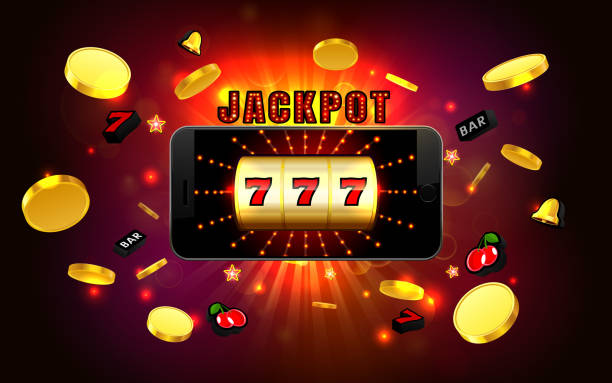Slot machines are a popular form of entertainment, both in traditional casinos and online platforms. However, their alluring design and thrilling gameplay can lead to problematic behaviors for some individuals. Understanding the science behind slot addiction can shed light on why these games are so compelling and how they can lead to addictive behavior.
Understanding Slot Addiction
The Role of Dopamine
Dopamine, a neurotransmitter in the brain, plays a significant role in the development of slot addiction. When individuals engage in activities that are enjoyable or rewarding, such as playing link slot gacor machines, their brains release dopamine. This release creates feelings of pleasure and reinforces the behavior, encouraging players to continue spinning the reels in pursuit of that next big win.
The Variable Ratio Reinforcement Schedule
Slot machines employ a psychological principle known as the variable ratio reinforcement schedule, which is one of the most potent reinforcement patterns. Unlike a fixed schedule where rewards are predictable, the variable ratio schedule provides rewards at unpredictable intervals. This unpredictability creates a sense of anticipation and excitement, making players more likely to keep playing in hopes of hitting the next jackpot.
Near Misses and “Almost” Wins
Another critical factor in slot addiction is the concept of near misses. Slot machines are designed to frequently display near misses, where the reels stop just short of a winning combination. Research has shown that near misses activate similar brain regions as actual wins, leading players to feel that they are close to winning and encouraging them to continue playing.
Psychological Triggers in Slot Design
Lights, Sounds, and Graphics
The sensory stimulation provided by slot machines is meticulously crafted to enhance the gaming experience. Bright lights, engaging sound effects, and vivid graphics create an immersive environment that captures players’ attention. These sensory cues are not only enjoyable but also serve as triggers that can increase the desire to keep playing.
The Illusion of Control
Slot machines often give players the illusion of control through features like stop buttons and skill-based bonus rounds. While these elements make players feel that their actions influence the game’s outcome, the reality is that the results are determined by a Random Number Generator (RNG). This illusion of control can lead to increased engagement and prolonged playing sessions.
Progressive Jackpots
Progressive jackpots, which increase with every bet made, add another layer of excitement and potential reward. The growing jackpot creates a sense of urgency and the belief that the next spin could be the one to win a life-changing amount of money. This enticement can lead players to continue playing longer than they initially intended.
The Impact of Slot Addiction
Financial Consequences
One of the most immediate and severe impacts of spaceman slot addiction is financial loss. Players can quickly spend large sums of money chasing wins, leading to debt and financial instability. The ease of access to online slots exacerbates this issue, as players can gamble at any time without the constraints of a physical casino.
Emotional and Psychological Effects
Slot addiction can also have profound emotional and psychological effects. The constant cycle of wins and losses can lead to feelings of anxiety, depression, and helplessness. The compulsive nature of the behavior can strain relationships with family and friends, leading to social isolation.
The Path to Recovery
Recognizing slot addiction as a serious issue is the first step towards recovery. Various resources are available for those struggling with gambling addiction, including counseling, support groups, and self-exclusion programs offered by casinos. Cognitive-behavioral therapy (CBT) has been shown to be particularly effective in helping individuals change their gambling behaviors and develop healthier coping strategies.
Conclusion
The science behind slot addiction reveals a complex interplay of psychological and neurobiological factors that make these games incredibly compelling. Understanding the mechanisms that drive slot addiction can help players make informed choices and recognize when their gaming behavior may be becoming problematic. With awareness and the right support, individuals can enjoy slot games responsibly and avoid the pitfalls of addiction.











